SUMMARY
This is AI generated summarization, which may have errors. For context, always refer to the full article.
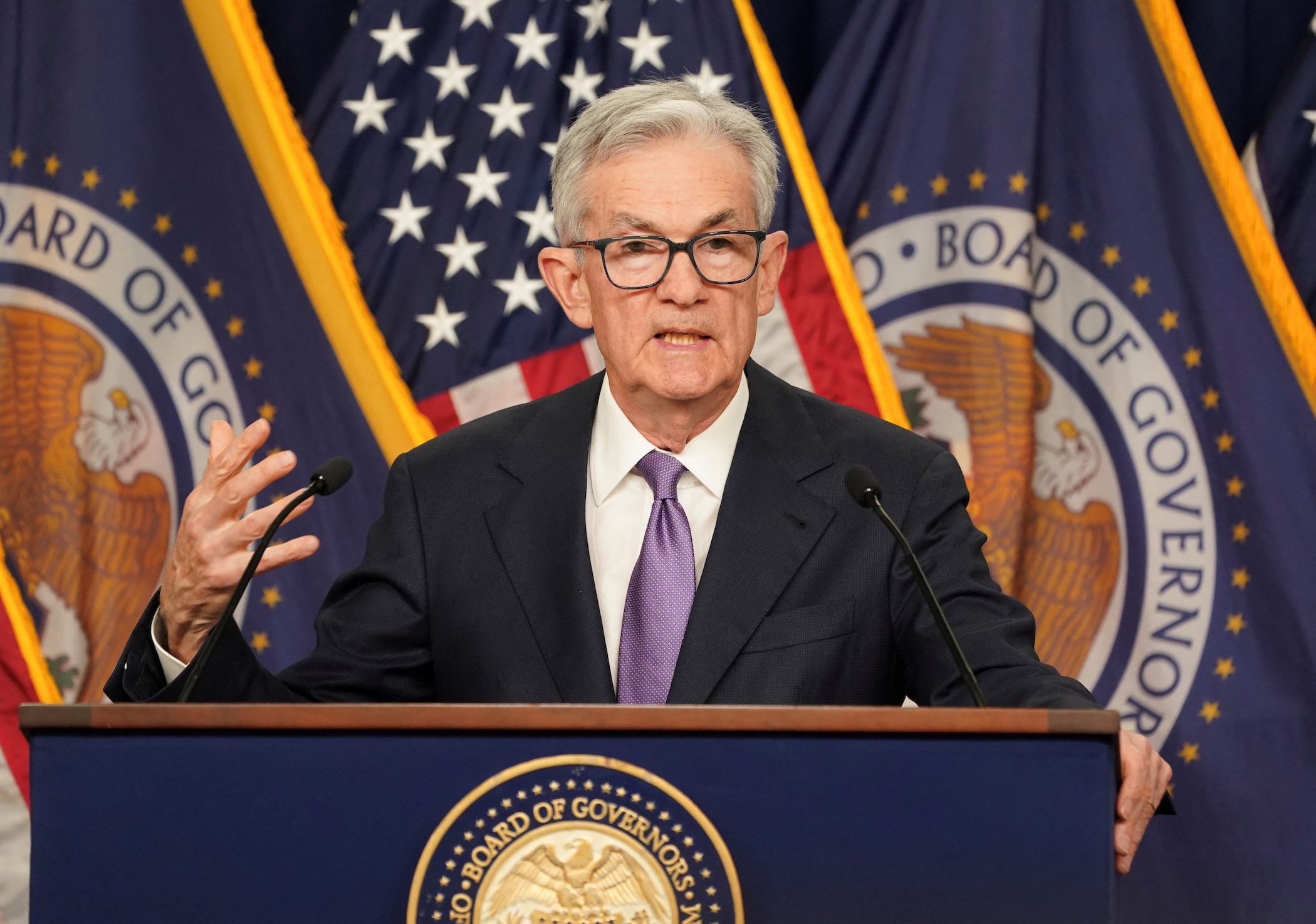
WASHINGTON, USA – The Federal Reserve left interest rates unchanged on Wednesday, December 13, and United States central bank chief Jerome Powell said the historic tightening of monetary policy is likely over as inflation falls faster than expected and with a discussion of cuts in borrowing costs coming “into view.”
“People are not writing down rate hikes” in their latest economic projections, Fed Chair Jerome Powell said in a press conference following the end of the central bank’s final policy meeting of the year.
“That’s us thinking we’ve done enough,” he said, adding that rate increases were “not the base case anymore.”
“The Fed is done!” exclaimed Diane Swonk, chief economist at KPMG US, and if economic data continues evolving as it has, with inflation cooling alongside an economy that seems poised to slow but not crash, then “the Fed will be cutting sooner” rather than later in the year.
Indeed, the shift in outlook was stark, with 17 of 19 Fed policymakers seeing rates lower by the end of 2024, and none seeing them higher. A measure of policymakers’ perceptions of risks facing the economy also moved closer to balance, a point Powell alluded to when he said the central bank was now at the point where “both mandates are important,” with officials sensitive to the risk of “overdoing it” and pushing the economy into a faster than necessary slowdown.
The Fed is statutorily responsible for maintaining stable prices and maximum employment, two economic goals that are sometimes in conflict. After inflation erupted to a 40-year high last year, Powell said officials thought they now were zeroing in on an elusive “soft landing,” with inflation returning to the Fed’s 2% target in an economy that is slowing but not crashing, and one in which unemployment remains low.
“We are seeing strong growth that…appears to be moderating. We are seeing a labor market that is coming back into balance…. We’re seeing inflation making real progress,” Powell told reporters. “These are the things we’ve been wanting to see…. Declaring victory would be premature…. But of course the question is, ‘When will it become appropriate to begin dialing back?'”
It’s a debate that will preoccupy the Fed and investors in the weeks and months to come after two years in which it first scaled back the asset purchases it used to support the economy through the coronavirus pandemic, and then, beginning in March 2022, rapidly raised its benchmark policy interest rate from the near-zero level to the current 5.25%-5.50% range.
US stocks jumped after the release of the Fed’s latest statement and policymakers’ updated quarterly economic projections, continued climbing during Powell’s press conference, and closed sharply higher, with the S&P 500 index gaining about 1.4% and the Dow Jones Industrial Average hitting a record closing high. The US dollar dropped against a basket of currencies and US Treasury yields fell.
Traders of futures contracts that settle to the Fed’s policy rate are pricing in a March start to rate cuts and an end-of-2024 policy rate 1.5 percentage points below the current level.
‘So far, so good’
For an institution that has been reluctant to declare victory over inflation, the updated projections and Powell’s tone marked a notable shift.
Headline personal consumption expenditures inflation is seen ending 2023 at 2.8% and falling further to 2.4% by the end of next year, within striking distance of the Fed’s 2% target.
That comes at little comparative cost in terms of higher joblessness, with the unemployment rate seen rising from the current 3.7% to 4.1%, the same rate projected in September, while economic growth is seen slowing from an estimated 2.6% this year to 1.4% over 2024.
“It’s so far, so good,” Powell said.
While officials remain free to raise the Fed’s benchmark overnight interest rate again in coming months if there is a resurgence in price pressures, that seems increasingly unlikely given the recent performance of inflation that has edged steadily towards the central bank’s target.
Some analysts and investors even interpreted Wednesday’s events as the effective start of a Fed easing cycle.
The bond market took Powell’s message and ran with it. The yield on the 2-year Treasury note, which is tied closely to Fed policy rate expectations, plunged by 30 basis points – essentially delivering a rate cut to the open market.
Over the last eight weeks, moreover, the yield on the 10-year Treasury note, which is instrumental to setting mortgage rates and other key borrowing costs, has tumbled by roughly 1 percentage point, a move rarely seen outside of economic emergencies.
“For a group that prizes the pricing of its policy intentions in the forward markets…they had to know that moving the median forecast…would be a bullish signal,” Steven Blitz, chief US economist at TS Lombard, wrote in an analysis headlined “The Fed Eases.” – Rappler.com
Add a comment
How does this make you feel?
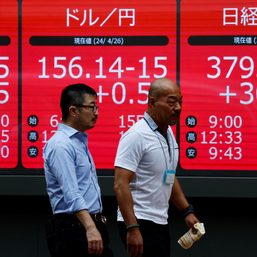
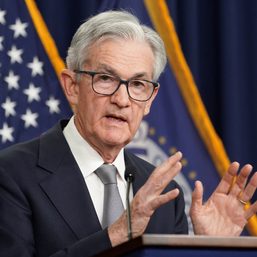
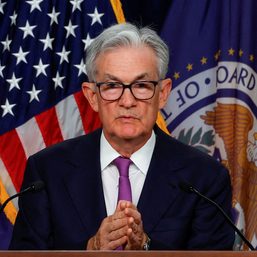
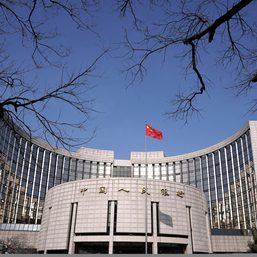
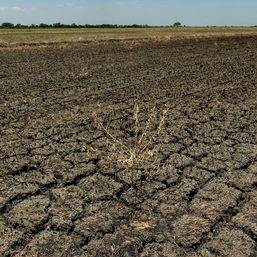
![[OPINION] A rebellion long overdue](https://www.rappler.com/tachyon/2024/06/mass-uprising-matrix-june-4-2024.jpg?resize=257%2C257&crop_strategy=attention)
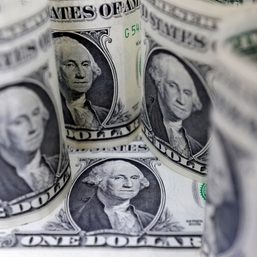




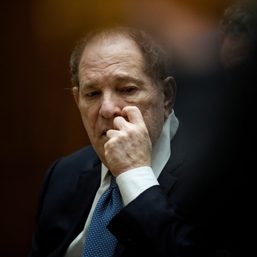

There are no comments yet. Add your comment to start the conversation.